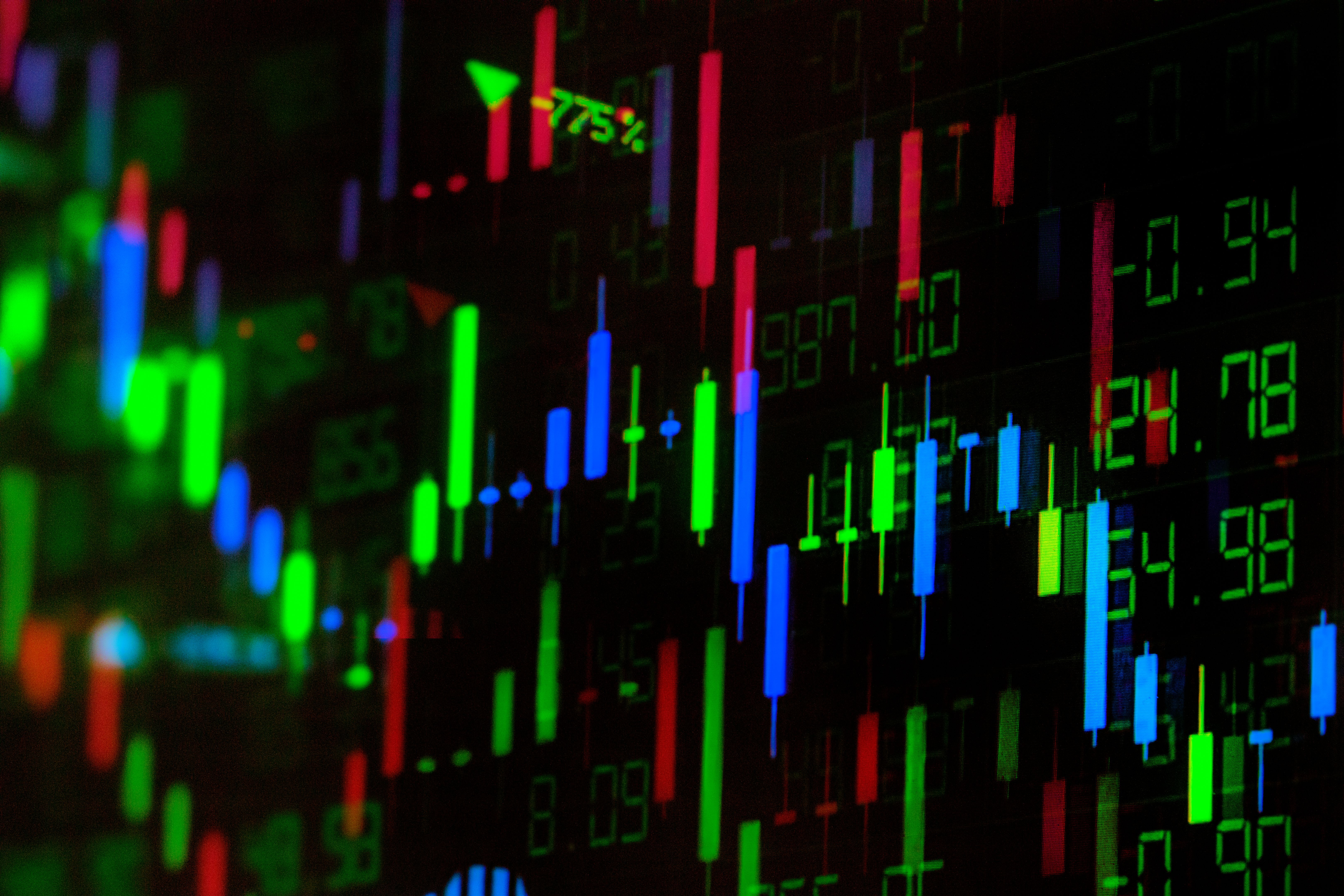Financial Exchanges: The Heart of Market Trading
Introduction to Financial Exchanges
Financial exchanges are pivotal in the world of market trading, acting as the central hubs where securities, commodities, derivatives, and other financial instruments are bought and sold. These exchanges provide the infrastructure to facilitate trading, ensuring transparency and fairness in the process.
Historically, financial exchanges have been physical locations, such as the New York Stock Exchange (NYSE), where traders would meet to conduct transactions. However, with technological advancements, many exchanges have transitioned to electronic platforms, allowing for faster and more efficient trading.

The Role of Financial Exchanges in Market Trading
Financial exchanges serve several critical functions in the market. They provide a regulated environment where buyers and sellers can interact, ensuring that trades are conducted transparently and efficiently. This regulation helps maintain investor confidence and market integrity.
Moreover, exchanges play a crucial role in price discovery. By bringing together a large number of participants, they help establish the market price for securities based on supply and demand dynamics. This price discovery process is essential for investors making informed decisions.
Types of Financial Exchanges
There are various types of financial exchanges, each specializing in different types of securities or instruments. Some of the most common types include:
- Stock Exchanges: These are platforms where shares of publicly traded companies are bought and sold. Examples include the NYSE and NASDAQ.
- Commodity Exchanges: These focus on the trading of commodities like oil, gold, and agricultural products. The Chicago Mercantile Exchange is a notable example.
- Derivatives Exchanges: These specialize in trading derivatives like futures and options, which derive their value from underlying assets.
The Transition to Electronic Trading
The shift from physical trading floors to electronic systems has revolutionized how financial exchanges operate. Electronic trading platforms offer numerous advantages, including increased speed, reduced costs, and greater accessibility for traders worldwide.
This transition has also led to the rise of algorithmic trading, where sophisticated computer algorithms execute trades at speeds and frequencies beyond human capability. While this has improved market efficiency, it has also introduced new challenges in terms of market volatility and regulation.

The Importance of Liquidity
Liquidity is a crucial aspect of financial exchanges. It refers to the ability to quickly buy or sell an asset without causing significant price changes. High liquidity ensures that investors can enter or exit positions with ease, reducing the risk of price manipulation.
Exchanges enhance liquidity by attracting a high volume of participants and facilitating continuous trading. This high level of activity helps maintain stable markets and minimizes the impact of large trades on prices.
Conclusion
Understanding financial exchanges is essential for anyone involved in market trading. They are the backbone of global finance, providing the structure and environment necessary for efficient and fair trading. As markets continue to evolve with technology, exchanges will undoubtedly adapt and innovate to meet the needs of participants worldwide.
In this ever-changing landscape, staying informed about the functions and developments within financial exchanges can provide traders and investors with a significant advantage.

